Four-time Grey Cup champion Andrew Harris joined host Dan Murphy for Episode 35 of the Don’t Change Much Podcast. He recounts the mental health struggles that “almost broke” him and how he worked his way back to finding joy, trust and a sense of belonging outside of the game he still loves.
Dan Murphy: So you grew up in Winnipeg and the surrounding areas. Why was it so important for you to get away from those surroundings initially to take the next step in your life and career?
Andrew Harris: I just did a documentary called Running Back Relentless. It really was a deep dive going through this whole process and realizing why I was a so-called sh**thead and where that came from.
I had no guidance. I was very jaded. I didn’t trust anyone. I felt isolated. When I got to junior football, I finally found a sense of family, brotherhood, mentors and father figures, people that I could look up to.
Growing up, my mom was my rock. But she married my stepdad when I was four or five years old. It was a toxic relationship; a lot of abuse went on. My mom would finally hit a breaking point, and we’d move. We were always moving, once or twice a year, as far back as I can remember.
As much as I had my mother, I could never count on her because she always let me down and never really made me a priority. My outlet was sports and the friendships I had through sports. But because I was moving around all the time, I never really locked down a solid group of friends that I could have consistency with.
It was a lot of change, a lot of going back and forth, and it weighed on me. I was so angry and jaded, and that affected my relationships with women, my friends and how I treated people. As soon as one little thing went wrong, I would turn on them because that was what I was used to. I was used to that abandonment. I was used to not being able to trust people.
That fueled me in a positive way on the field. But, when people bury these things over and over again, you don’t really deal with them or channel them in the right way. You hit a breaking point, and it can be scary.
I went through that breaking point just after my second Grey Cup. We brought Winnipeg back a Grey Cup after 29 years, and I felt like I was on top of the world. But, I went to a really dark place: a lot of drinking, a lot of partying, isolating myself and turning off from the world. And then COVID hit.
I didn’t have my outlet, which was football. Our season got cancelled, and that was just a downward spiral that really weighed on me and tore me apart. It put me in a place where I had suicidal thoughts.
I had just won MVP and the Most Outstanding Canadian and had an outstanding year. Then, I found myself in the darkest place you could ever imagine. As athletes, as men, we bear a lot, and we hold things back, and we don’t really want to talk about our feelings and emotions. We look at that as a weakness, and I 100 percent did as well.
I never wanted to show when I was hurting and feeling a certain way. When I got to that breaking point, I didn’t want to get out of bed. I didn’t want to wake up the next day. I didn’t really want to be around anyone. I just wanted to be drinking in my basement, having fun, and neglecting the pain and suffering that I had been enduring from a young age.
Eventually, I spoke with a sports psychologist, broke down, cried and let it out. It was a relief for me. We all wear a mask. Sometimes, you have to take that mask off, be vulnerable, and let people in.
Listen to the full episode here.
The pain of loneliness and isolation
Dan Murphy: You said your mom was your rock, but her relationship with your stepfather caused fractures between you and your mom because there was no trust in your stepfather. At what point did you know that alcohol and partying were an outlet to mask what you were feeling? Or was that just what felt good at that age in your life?
Andrew Harris: In high school, I was mixed up with a rough crowd. One of the guys who was our ring leader has been in prison for 16 years. It makes me sit back and realize it could have easily been me. We were selling drugs, partying, and living life recklessly. I was always that fun guy. That’s always been part of who I was.
But as it takes over, it’s not about having fun anymore. It’s more about burying and hiding in alcohol and forgetting about your problems by just going off and having a night. Or two or three nights in a row. That’s where I was at.
Dan Murphy: I watched the documentary, and the main thing I took from it, with your life story, was that you had trouble trusting anyone.
Andrew Harris: I felt isolated and alone from as young as I can remember up until I got to junior. I found myself grasping at things which were probably the wrong ones at times. But when you find these outlets that make you feel good and make you feel welcome, it’s hard to shake them, even at the best of times.
Dan Murphy: After games, in solitude, you were at your deepest, darkest place. Was there ever a self-realization that you had to look inward to see why things were this way? When did you feel, “Okay, this isn’t right. I should be the best version of myself right now, but I’m the worst, and I have to figure out why.”
Andrew Harris: I’m actually more proud of what I achieved off the field with everything going on emotionally and personally than what I did on the field.
I never really felt like I belonged. We did a short film called “I Shouldn’t Be Here,” and that’s really how I felt: like I shouldn’t be where I’m at right now.
What if everyone finds out I’m a fraud, or I’m not good enough, or I never should have been here in the first place? That self-talk always pushed me through bigger things, and it kicked in even more in the big games.
Dan Murphy: Do you think you pushed people away and refused healthy relationships because you needed that fight? You needed the anger to make yourself the football player you wanted to be.
Andrew Harris: Yeah, I definitely feel like I thrive in chaos and being under pressure. Now it’s realizing this and understanding it. Before I didn’t really accept or understand it, so I didn’t know how to deal with it. So, it was reckless and negative. But that’s the beautiful thing about realizing and understanding who you are, where you come from, and why you’re the way you are. You can channel your chaos in a positive way, with positive outlets and positive reinforcement, so you can be successful no matter what you’re doing.
The breaking point
Dan Murphy: Why do you think there were suicidal thoughts? Why do you think you got to that point in your life? Did you ever figure that out?
Andrew Harris: I just came to a point where I had enough of trying to prove myself. In 2019, I got suspended for a performance-enhancing drug, and I never intentionally took performance-enhancing drugs.
That was really the breaking point for me. I got suspended and missed two games. That season, I was on pace for a thousand, which no one had ever done. A thousand receiving and a thousand rushing. And when that happened, I think I lost a lot of the integrity and the work that I put in and that ultimately crushed me because I’d worked so damn hard to get to where I was at.
I tried my hardest to prove that it was unintentional, but ultimately, I fell short of that, so I still have that little black mark on my career and legacy.
And then, once you start drinking and getting into this place, you’re not really thinking logically. You’re not really thinking clearly. You’re just thinking emotionally, negatively and dysfunctionally.
I was sick of being around people. I was sick of hearing what everyone had to say, so I deleted all my social media.
That was the worst place to be in because everything was just super, super negative and super toxic, and it crushed me. I felt like this was it for me. I didn’t want to wake up, and I didn’t want to deal with it.
The turning point
Dan Murphy: Meeting with a sports psychologist, you said you unloaded a lot and cried. Was that more just an outlet to finally tell someone? How were you feeling?
Andrew Harris: Yeah, I wouldn’t even say I was talking to her, really; I was just sobbing. She just sat there and listened, and she maybe asked me three or four questions, and I just spilled it out. It felt amazing, honestly.
One of the things I felt was embarrassed. I felt ashamed to be around my team and to be in public. One of the things that she said was just accepting it because it’s not going to go away. “You are still who you are, and you’ve accomplished a lot.” She asked me, “Why do you love playing football, and where does this come from?”
I found this picture from when I was in grade three, and I’m throwing a football up with this big smile on my face. That’s where I had the most joy in life, with football and sport.
On a path to inspire others
Dan Murphy: So Danica is ready to have your second child. It sounds like that was a very healthy relationship from the start. How did that help you start trusting others and not bearing everything on your own shoulders?
Andrew Harris: She really understands me, and she accepts me for who I am. For all my faults, the good things and the bad things. I don’t need to hide or mask anything with her. I can tell her how I’m feeling and what I’m going through without any shame, regret or judgment. Ultimately, that’s what you want in a partner, someone you can be completely honest and vulnerable with.
Our relationship is not perfect by any means, but understanding, acceptance, and true honesty with each other are the biggest parts for me. That moves and motivates me, and that’s why she’ll be in my life forever.
Dan Murphy: How’s your mental health these days?
Andrew Harris: It’s an ongoing process, right? There are dark days and frustrating days. I’m in sales now in a tough market. And, some days, I’m like, “What the hell am I doing? I should be doing something else.”
But when I come home to my family, my son bangs on the window when he sees me, and that just erases any negativity or tough day I’ve had.
My outlet now is family. My mental health is better than it’s ever been. Still, it’s an ongoing process, and instead of being scared, I’m excited and looking forward to navigating and ultimately inspiring and impacting other people along the way.
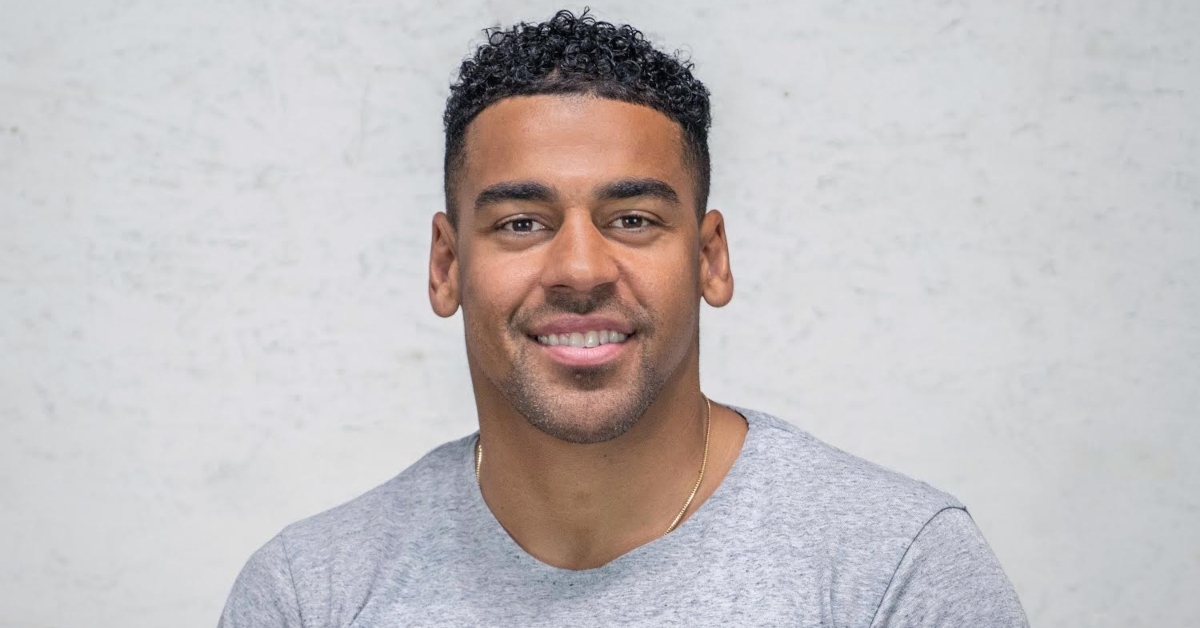








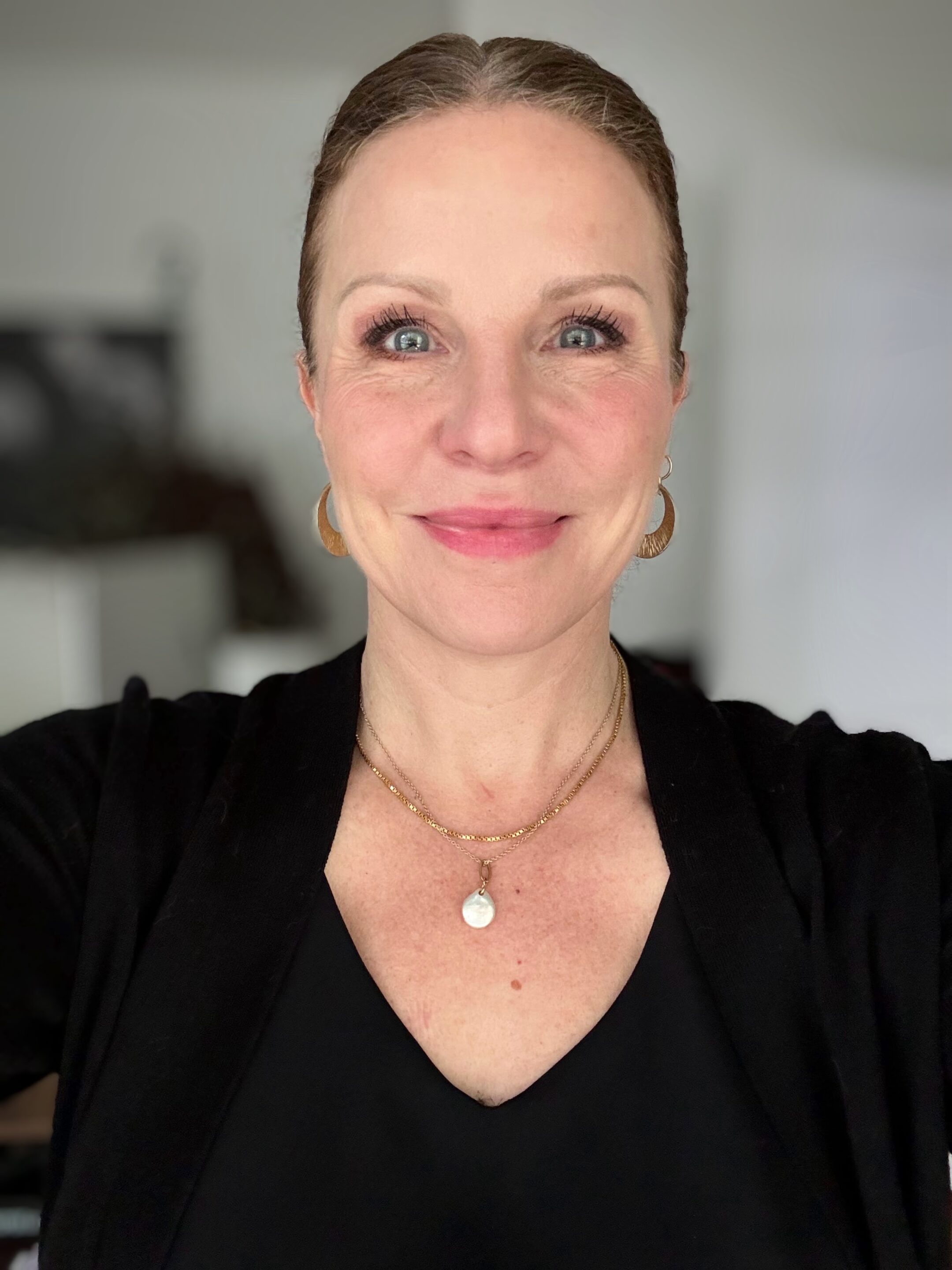
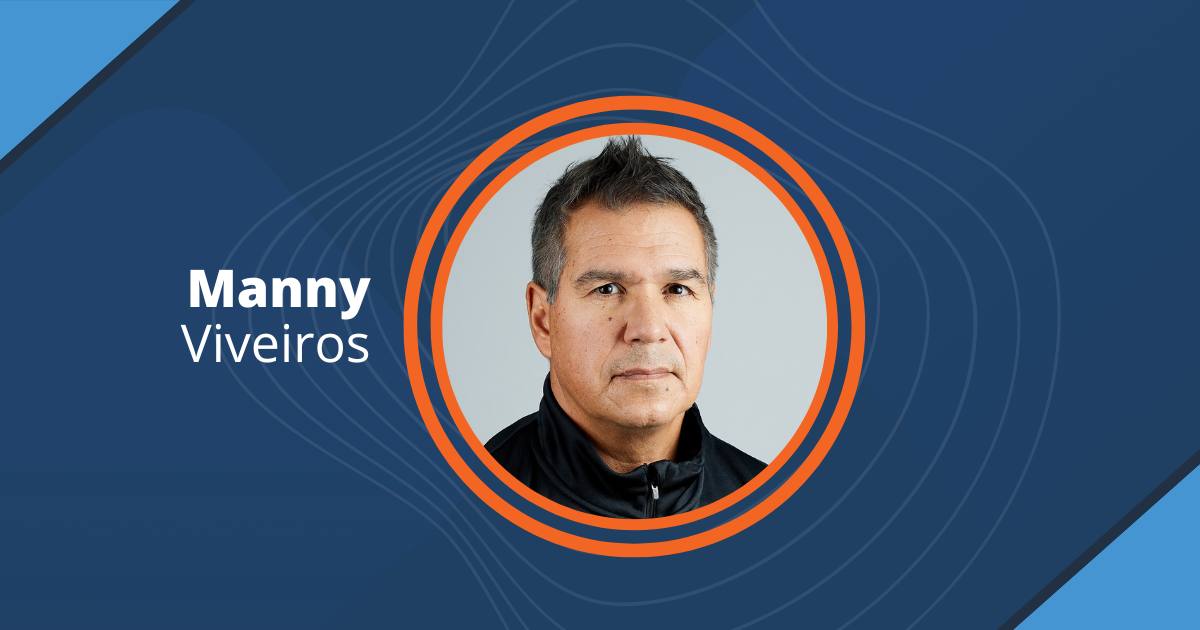
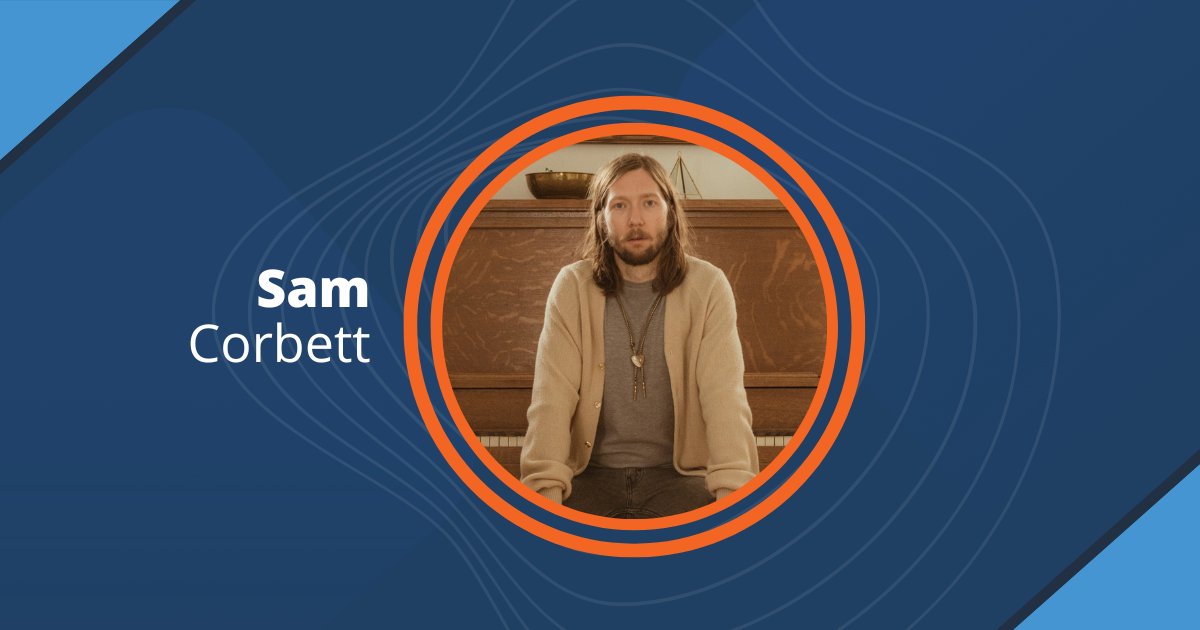
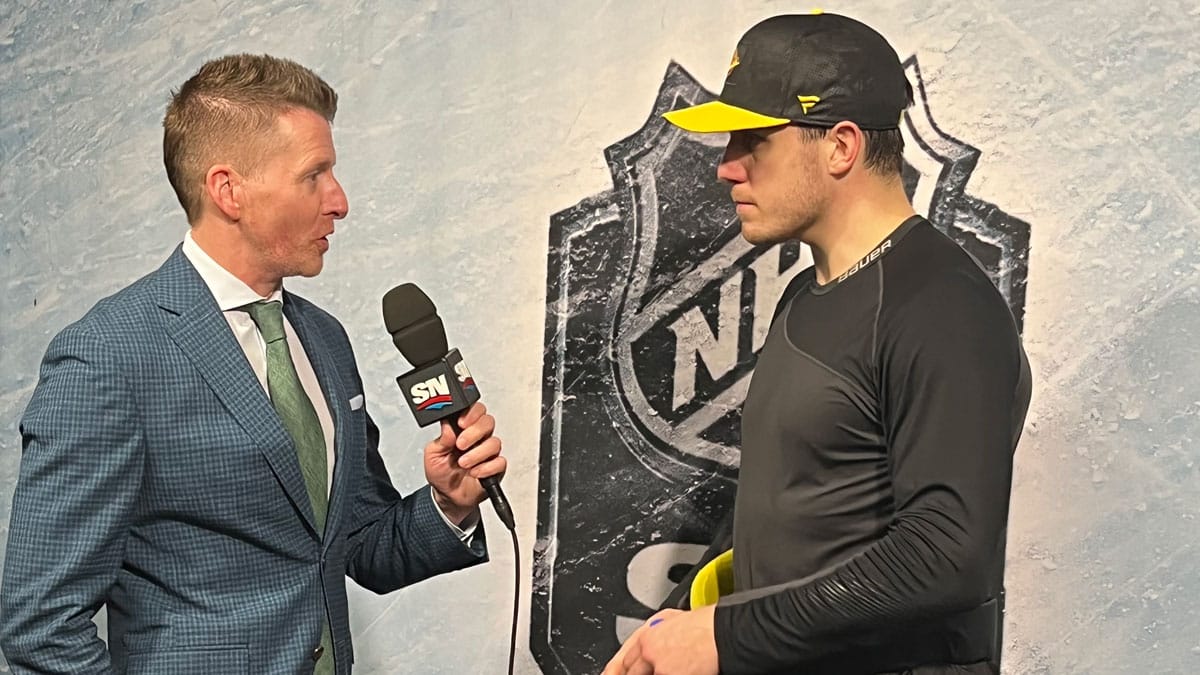
I really enjoyed the pod cast and am now 81 years old. I have the trust of my grandkids. They share with me and I’m struggling with how to support them through the teen growing up challenges.. are there resources I can access?
Thanks for sharing, Walter. I have some resources I can send you using your email here.
~Canadian Men’s Health Foundation team member